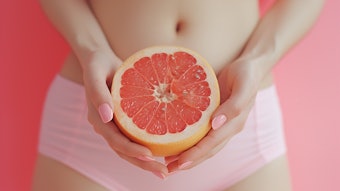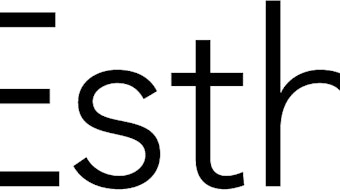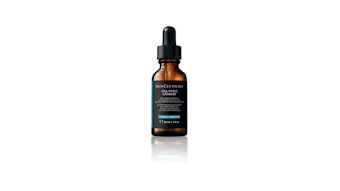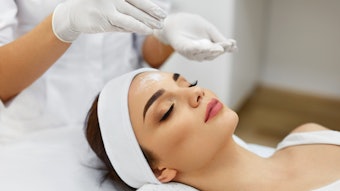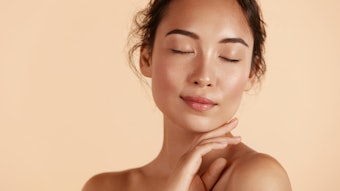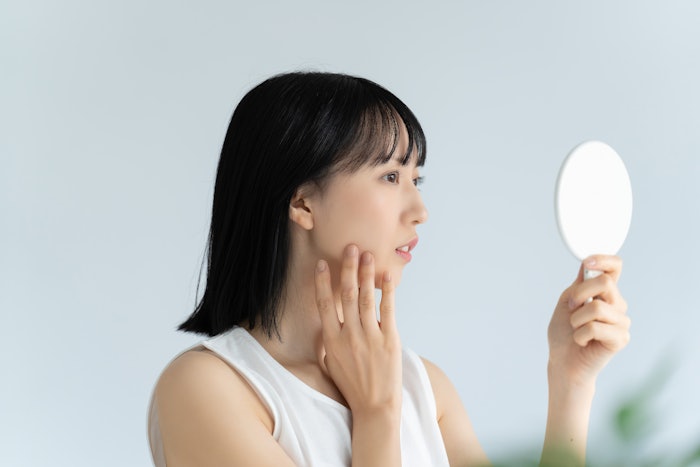
The global anti-acne cosmetics market size was worth $3.8 billion in 2021 and is estimated to reach an expected value of $8.46 billion by 2030, growing at a CAGR of 9.3% during the forecast period, according to market data from Straits Research. An increase in middle-class populations is one primary market driver identified in the report.
Related: New Treatments & Growing Awareness Drive Global Vitiligo Market
According to the report, the European Commission projects that by 2030, the global middle-class population will exceed 5 billion. India is expected to be the largest consumer market in the world, while more than 70% of Chinese people are projected to be middle class. The report projects that middle-class spending will increase from nearly $37 trillion in 2017 to $64 trillion in 2030, accounting for roughly a third of GDP growth. It is also projected that the growth of the middle class will enhance purchasing power, consequently increasing spending on non-essential things, such as cosmetics and other luxury items.
Market participants are targeting Asian middle-class consumers to capitalize on the expanding consumer base, according to Straits Research. For example, Shiseido is expanding its production capacity to fulfill the rising demand caused by the expansion of the middle class in Southeast Asia and China. These actions by market participants are also projected to stimulate market expansion.
The global anti-acne cosmetics market is segmented into dermatology clinics and medspa. Medspa dominated the market and is estimated to register a CAGR of 9.6% during the forecast period.
By region, the global anti-acne cosmetics market is segmented into Asia Pacific, North America, Europe, Latin America, Middle East & Africa. Asia Pacific dominated the market and is estimated to register a CAGR of 10.1% during the forecast period. According to the report, Asia Pacific held the most significant proportion of L'Oréal's global cosmetics business and accounted for 57% of its skin care market in 2019.
Europe is the second largest region and is estimated to grow at a CAGR of 9.6%, per the report. Growing awareness of the significance of skin health and its long-term well-being in the United Kingdom is a significant factor propelling the anti-acne cosmetics market.
Some of the key companies in the global anti-acne cosmetics market are Neutrogena, Clinique, Murad, Kose, LaRochPosay, Mentholatum, Glowbiotics, Beautyhealth Company, Perricone MD, Revision Skincare, Sente, Skinbetter Science, Skinmedica, L'Oréal, Proactiv and Vichy.

